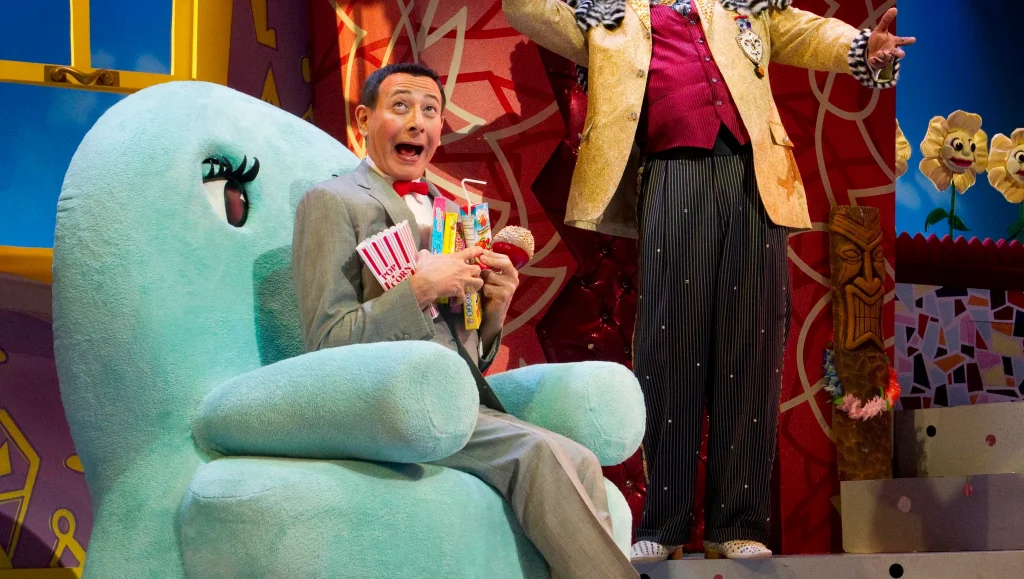Paul Reubens and Mark Mothersbaugh were acquaintances before the comedian’s time as Pee-wee Herman and their work together on the titular television programme. Mark Mothersbaugh is an Akron native and the founder of the band Devo.
On Sunday night, Reubens passed away, according to a message on his Instagram account.
Over the course of six seasons, Mothersbaugh wrote the music for numerous episodes of the programme. It was one of his very first credits in either film or television, if not the very first. With more than 250 credits under his belt, Mothersbaugh has now become one of the most well-known and prolific composers in the business.
Read More: Judge Tanya Chutkan: Presiding Over Trump’s Election Case with a Firm Hand
Reubens was quite discreet, as evidenced by the fact that he was uninformed of his cancer battle.
“It was so shocking because, I mean, he would sometimes skip a dinner meeting or something, but he was always like that,” Mothersbaugh told the Beacon Journal on Wednesday. “He always had a little eccentricity to him that, especially after he got arrested, like he became a little more reclusive. And so sometimes he’d just say, ‘yeah, can’t, not going to be able to go out tonight. I’ll see you next time.’”
Mothersbaugh didn’t consider that significant because they had talked about the prospect of animating Pee-wee.
Without the strange, frantic sounds that Mothersbaugh provided, a soundtrack that wonderfully encapsulated the character and Reubens’ peculiarity, it’s difficult to think of Pee-wee.
He had been Pee-wee for a while, and I was aware of the sources. I mean, like he was taking inspiration from Pinky Lee, who hosted a children’s television show in the 1950s and was present when we were kids, Mothersbaugh said, “and who wore an outfit like the Pee-wee suit. We just shared similar aesthetics, I guess.
Because of a bond that had started years before, Mothersbaugh knew what made Reubens and, consequently, Pee-wee, tick. They belonged to a collective of artists who identified with the Southern California lowbrow art movement.
He “pulled from his upbringing and enjoyed all of the kitsch from the ’70s, Spencer’s Gifts catalogues, stuff like that. We shared a liking for that, he remarked. “They knew all of the junk stores and antique stores and Salvation Armies along the way,” he said. “And every now and then, they’d just pull over and they’d see something in a window, maybe a crazy device where it looked like you had your feet in slippers that were also kind of half hair dryer, so that when you turn the thing on, it blew hot air on your feet. And that stuff totally cracked them up and both of them, and they’d fight for it.”
